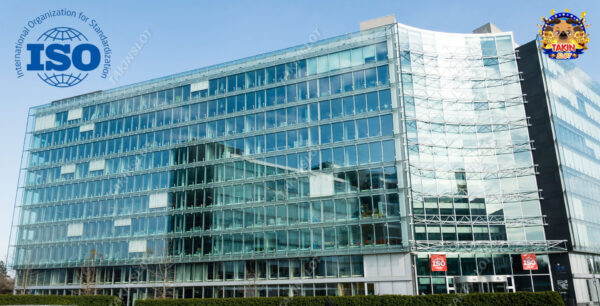What is ISO: ISO Full Form
ISO Full Form: The International Organization for Standardization (ISO) is the primary developer of voluntary international standards worldwide. Unlike many other organizations, ISO operates as a not-for-profit entity and does not control the voting process for new standards. Despite this, it boasts members from various countries worldwide. ISO standards are integrated into national averages, becoming the new complete form of the original national standard. Countries can adopt ISO or national standards voluntarily, and ISO’s full form is recognized as the International Standard.
History of ISO: ISO Full Form
ISO traces its origins back to July 1944, during the Second International Conference on Phonograms, where it was established as a committee aiming to standardize audio and related products. Initially formed by major music publishers, the committee focused on international recognition and regulation of phonograms. Over time, it expanded its scope to develop standards across various industries.
Significance of ISO
ISO stands for the International Organization for Standardization, established in 1940 by the International Treaty known as the Treaty on the Organization of the Regulations for International Standards. Germany pioneered the first ISO standard, aiming to facilitate the development and maintenance of international standards while promoting the exchange of technical information among member countries. ISO standards are crucial for ensuring consistency, quality, and compatibility across industries and regions.
ISO Standards: ISO Full Form
ISO maintains a vast catalog of more than 200 international standards covering diverse areas of industry, commerce, and technology. These standards provide guidelines and specifications to ensure uniformity and efficiency in various processes and products.
Benefits of ISO Membership
Membership in ISO offers numerous benefits, including access to a high level of professional competence, favorable conditions for mutual recognition of standards, and opportunities for global collaboration and trade. ISO’s global presence enables members to engage in international business activities with confidence, knowing that their products and services adhere to recognized standards.
Conclusion
As workloads increase, many organizations seek to hire external expertise to meet their needs. Individuals with specialized skills and experience may find opportunities within multinational firms that require adherence to ISO standards. Conducting thorough research and understanding the requirements of international firms is essential for successful employment opportunities. With the right skills and knowledge, individuals can contribute effectively to multinational organizations and thrive in their careers.
FAQs about ISO Full Form
What does ISO stand for and what is its purpose?
ISO stands for the International Organization for Standardization. Its primary purpose is to develop and maintain voluntary international standards across various industries to ensure consistency, quality, and compatibility.
How did ISO originate and what was its initial focus?
ISO originated from a committee established during the Second International Conference on Phonograms in July 1944. Initially focused on standardizing audio and related products, it expanded its scope to encompass international recognition and regulation of phonograms.
What are the ISO standards and how many are there?
ISO maintains a comprehensive list of over 200 international standards covering a wide range of industries, commerce, and technology. These standards provide guidelines and specifications to ensure uniformity and efficiency in various processes and products.
What are the benefits of being a member of ISO?
Membership in ISO offers benefits such as access to professional competence, favorable conditions for mutual recognition of standards, and opportunities for global collaboration and trade. ISO’s global presence facilitates international business activities with confidence.
How can individuals contribute to multinational firms through ISO standards?
Individuals with specialized skills and experience in adhering to ISO standards can find employment opportunities within multinational firms. By understanding the requirements of international organizations and possessing relevant skills, individuals can effectively contribute to multinational projects and advance their careers.




